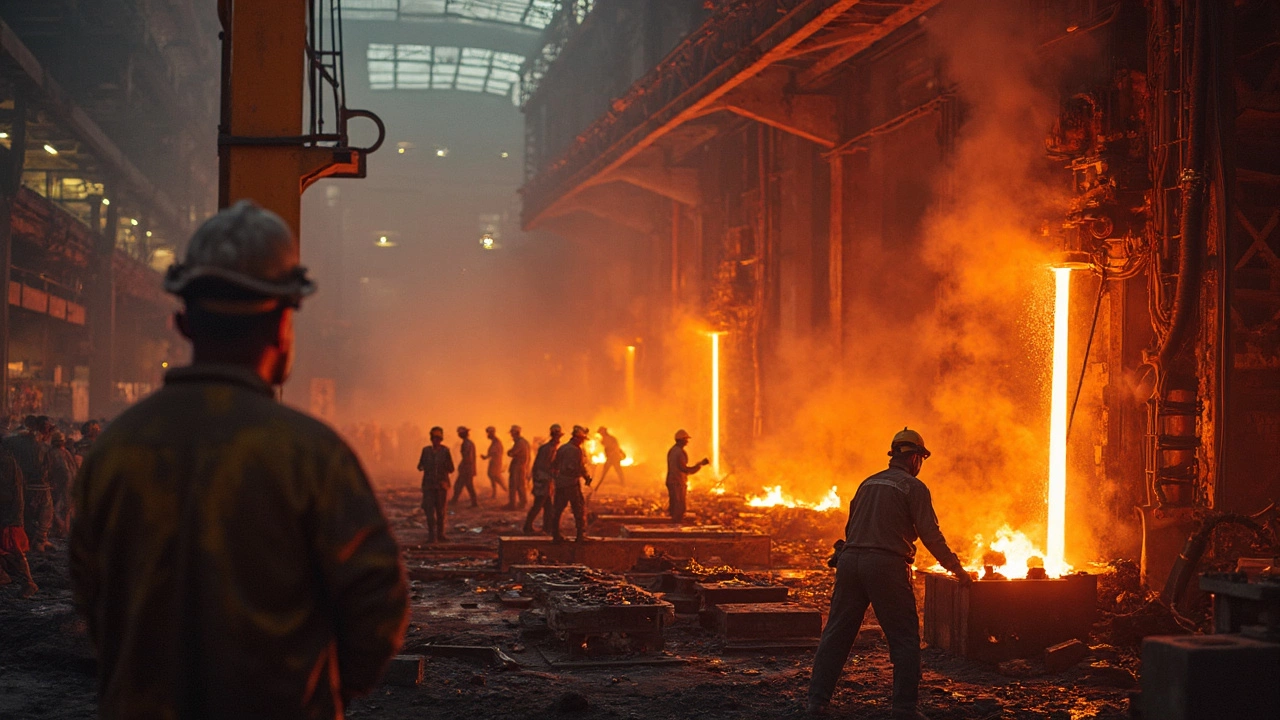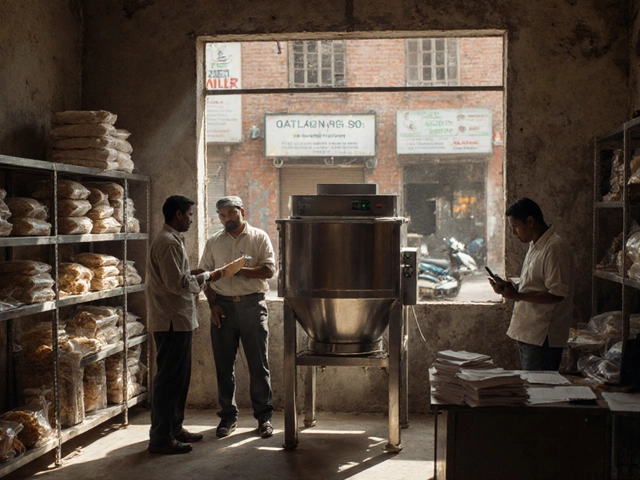Steel Suppliers: How to Choose the Right Partner for HVAC Projects
If you work in HVAC, you know that good steel is the backbone of every duct, pipe and casing. But not every steel dealer delivers the same quality, price or service. So, how do you separate a trustworthy supplier from a flaky one? Below are the practical steps you can take right now to lock in a steel partner that won’t let you down.
Check the certification and grade
First thing on the checklist is certification. Look for ISO 9001, BS EN or IS standards that match the grade you need – for example, IS 2062 for structural steel or IS 1363 for galvanized sheets. A reputable supplier will gladly share test reports and mill certificates. If they can’t, treat that as a red flag.
Compare pricing, but don’t chase the lowest bid
Grab quotes from three to five vendors and line them up side by side. Pay attention to what’s included: delivery, handling, taxes, and any hidden fees. The cheapest offer often skips quality checks or adds extra charges later. A slight premium for a supplier that consistently meets deadlines and maintains surface finish can save you rework costs down the line.
Next, look at lead times. HVAC projects run on tight schedules, and a steel delay can stall the entire line. Ask each vendor how long they need from order to delivery and whether they have a buffer stock for emergencies. Suppliers with multiple warehouses across India usually handle rush orders better.
Another easy win is to ask about after‑sales support. Some steel dealers provide on‑site inspection, help with cutting and drilling, or even take back off‑cuts for recycling. Those services cut your labor hours and keep the project footprint low – a win for both your budget and the environment.
Don’t forget to verify their track record. A quick Google search of the company name plus “HVAC” or “steel supply” will pull up client testimonials, case studies, and any news about disputes. If possible, talk to a current client and ask how the supplier handled a tight deadline or a quality issue.
Finally, think long term. Building a relationship with a reliable steel supplier can give you better terms, priority during peak seasons, and even collaborative product development. If the vendor shows interest in understanding your HVAC specifications – like corrosion resistance for coastal plants – that’s a sign they’re invested in your success.
In short, start with certifications, compare full‑cost quotes, check lead times, test their support, and look at their reputation. Follow these steps and you’ll end up with a steel supplier that delivers the right material on time, every time. Your HVAC installations will run smoother, your budgets will stay intact, and you’ll avoid the headache of unexpected steel problems.





